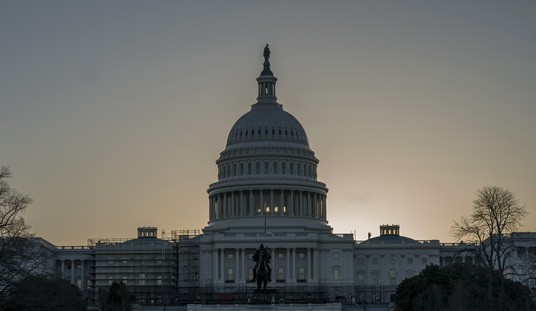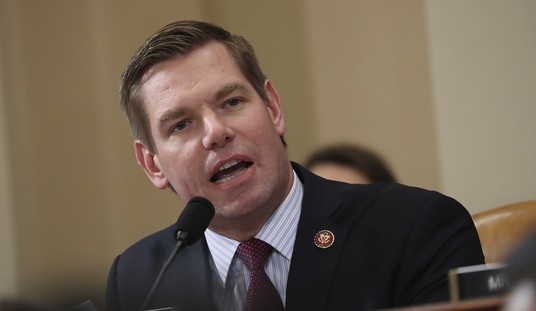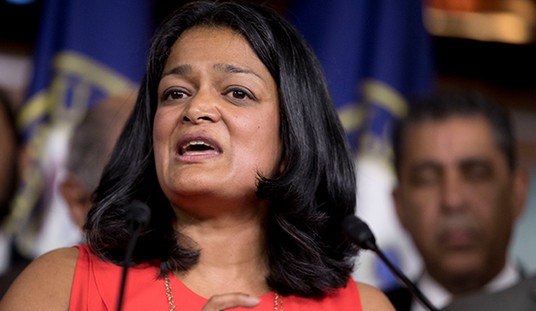President Donald Trump has unveiled his massive tariff plan to reshape American trade, and the administration is touting it as a plan to level the playing field for the American economy.
House Speaker Mike Johnson shares the administration's viewpoint on the importance of the new trade policy, saying, "We're being liberated from exploitation" in an interview with me on NewsTalk 96.5 KPEL Thursday morning.
"I mean, our country has been exploited by unfair trade practices for many, many years," Johnson went on to say. "And we now have a president, a new commander in chief who is bold enough to call it out and to do a reset. And so his tariff policy is a big part of that. He's trying to restore fair and reciprocal trade, and what that will do is level the playing field for American workers and innovators and job creators and entrepreneurs."
"And all of us who count upon a strong U.S. economy and a fair trade, by definition, free trade has to be fair," he added. "When we do this, I think it's going to serve all Americans. It's going to be a great thing for us in the long run."
WATCH: Watch: Trump Declares 'Liberation Day in America' in Rose Garden Tariffs EO Event
The Trump administration’s aim with the new round of tariffs is a direct attempt to reset the rules of the global economic game. At the heart of the strategy is a push for real reciprocity, they argue—it's an insistence that if foreign countries want access to American markets, they need to treat our goods and industries the same way we treat theirs. Citing decades of trade deficits and what it calls “nonreciprocal treatment,” the administration has declared the trade imbalance a national emergency and is invoking the International Emergency Economic Powers Act to impose a 10 percent baseline tariff on all countries.
That figure will climb even higher for nations with which the U.S. has the largest trade deficits. The goal isn’t just economic leverage, however. Rather, the Trump administration argues that it's an effort to restore America’s manufacturing backbone, encourage domestic production, and reclaim control of strategic industries that have become dangerously dependent on foreign supply chains.
The administration sees this as an economic and national security imperative, which Johnson also pointed out in the interview, specifically citing China.
"They have manipulated markets all around the world, and they treat us as an adversary, certainly in their trade policies," he explained. "I mean, one of the things that we were just getting briefed on at the Pentagon was the rising threat of China in every way. And so we have to take that seriously."
"So if we reciprocate what they're doing to us, what that will mean is I think the rates of tariffs come down across the board, and you get back to something that actually resembles free trade again," he also noted. "We must do that with China. It's not just about the economy with China. It's about national security, and I think everybody recognizes that."
From steel to semiconductors, the belief is that the United States can no longer afford to let adversaries control key sectors of global production. These new tariffs are designed to create an incentive structure that rewards reshoring and penalizes exploitative trade relationships. They also serve as a warning: the era of one-sided globalism is over. Countries that continue to impose high tariffs, block U.S. products with regulatory red tape, or suppress wages to undercut American workers are being put on notice.
Whether or not the approach proves effective, there’s no mistaking the message—it’s America First on trade, and access to the U.S. economy is no longer guaranteed without fair and reciprocal treatment.
You can listen to Johnson's full interview, which also includes discussion on tax cuts and proxy voting in the House, below.














Join the conversation as a VIP Member